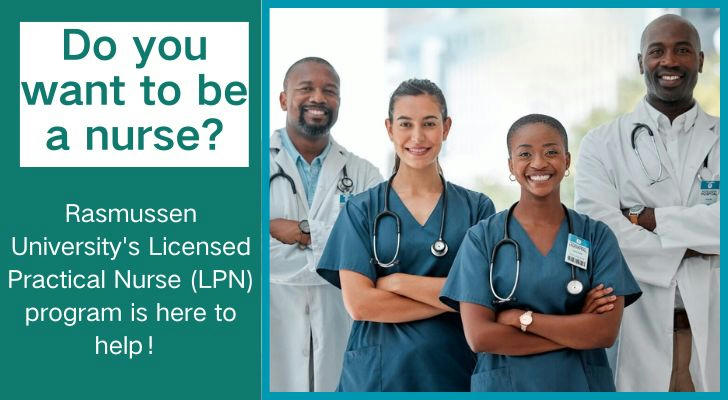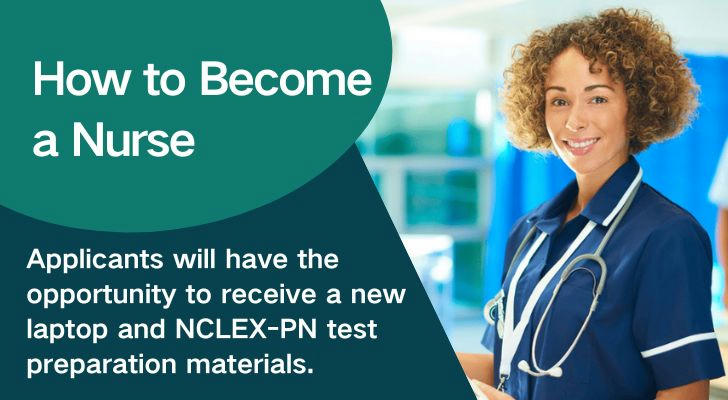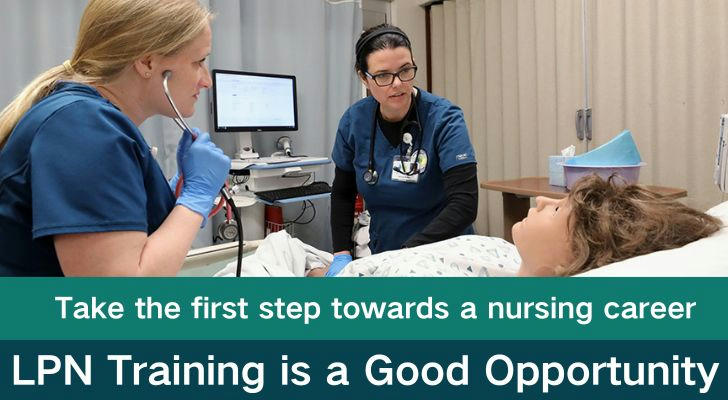🌟 How to Become an LPN Through Government Support or School-Supported Training Programs
Government-supported LPN Training
📘 Government support |Laptop Support | No Age or Experience Limit | Flexible Learning Options
If you want to enter a stable and meaningful healthcare career while balancing work, family, or financial responsibilities, you are not alone.
Government and school-supported LPN training programs are designed to help adults transition into the field more easily, balancing work, life, and nursing education.
These programs offer flexible learning options, allowing students to progress at a manageable pace and start their healthcare careers.

Government-supported LPN Training
👩⚕️ Why Consider an LPN Career?————Government-supported LPN Training
Hospitals, clinics, long-term care facilities, and home healthcare agencies have a high demand for LPNs. As an LPN, you will:Government-supported LPN Training
- 🩺 Check vital signs
- 💊 Administer and record medications
- 🛁 Assist patients with hygiene
- 🤝 Work closely with RNs and doctors
📈 Job Outlook
According to the U.S. Bureau of Labor Statistics, LPN positions are growing steadily, with over 40,000 new jobs per year.Government-supported LPN Training Median annual salary: $48,000–$60,000, depending on location and experience.Government-supported LPN Training
LPN positions offer long-term job stability and flexible schedules, with opportunities for career advancement.Government-supported LPN Training
🏛️ How Government Support or School Support Makes Training Accessible————Government-supported LPN Training
One key advantage of modern LPN training is increased government and school support, easing financial and logistical challenges.Government-supported LPN Training
Many programs offer:
✅ Flexible class schedules (evenings/weekends)
✅ Blended learning (online + in-person clinical practice)
✅ Academic support services (tutoring, mentoring, career guidance)
These programs allow working adults to complete their nursing education without leaving their jobs full-time.Government-supported LPN Training
🕒 Flexible Learning Options————Government-supported LPN Training
These programs are designed for working professionals:
📚 Evening or weekend classes
💻 Blended learning (complete some courses online)
🏥 Community clinical placements (sometimes at your workplace or nearby facility)
This setup lets students maintain income and life stability while preparing for their future career.Government-supported LPN Training

💡 Additional Government Support 🏛️————Government-supported LPN Training
Programs may also provide:
📘 Discounted textbooks and materials
📝 Licensing or exam fee support
💼 Job fairs and networking opportunities
🎓 Guidance for scholarships or additional financial aid applications
Some government programs collaborate with healthcare employers, offering on-the-job training or priority hiring for graduates.Government-supported LPN Training
🧾 Eligibility for government support or school support————Government-supported LPN Training
Typical requirements for government or school-supported LPN programs:
- U.S. citizenship or legal work authorization
- High school diploma or GED
- Admission assessment or pre-screening test
- Meet income or employment-related criteria
Some programs prioritize applicants from:
- Underserved communities.Government-supported LPN Training
- Veterans.Government-supported LPN Training
- Those already working in entry-level healthcare positions.Government-supported LPN Training
These courses are designed for adult learners, providing academic support, technical assistance, and flexible schedules.Government-supported LPN Training
🎯 Career Opportunities After Graduation————Government-supported LPN Training
After completing the program and passing the NCLEX-PN licensure exam, you can work as a Licensed Practical Nurse (LPN).Government-supported LPN Training
Graduates typically work in:
🏥 Long-term care facilities
🏨 Rehabilitation centers
🏢 Outpatient clinics
With experience, many LPNs pursue further education to become Registered Nurses (RN) or specialize in pediatrics, geriatric care, or other areas. Government workforce programs often support continued education for long-term career growth.

🙋 Real Stories————Government-supported LPN Training
“This program gave me the flexibility I needed. I worked part-time while studying and finished in less than two years. Now I work at a local clinic and finally have a career I love.”Government-supported LPN Training
— Tanya R., LPN, Georgia
“As a single dad, I needed something that allowed me to work without neglecting my child. Evening classes and government support made it possible.”Government-supported LPN Training
— Malik S., LPN, Michigan
🚀 Take the First Step Today————Government-supported LPN Training
The demand for healthcare workers is growing nationwide — people like you are part of the solution.Government-supported LPN Training
With Government support + flexible training + financial assistance + career support, becoming an LPN is no longer an unattainable dream.Government-supported LPN Training
Explore LPN programs that fit your needs and start your healthcare career today!Government-supported LPN Training
